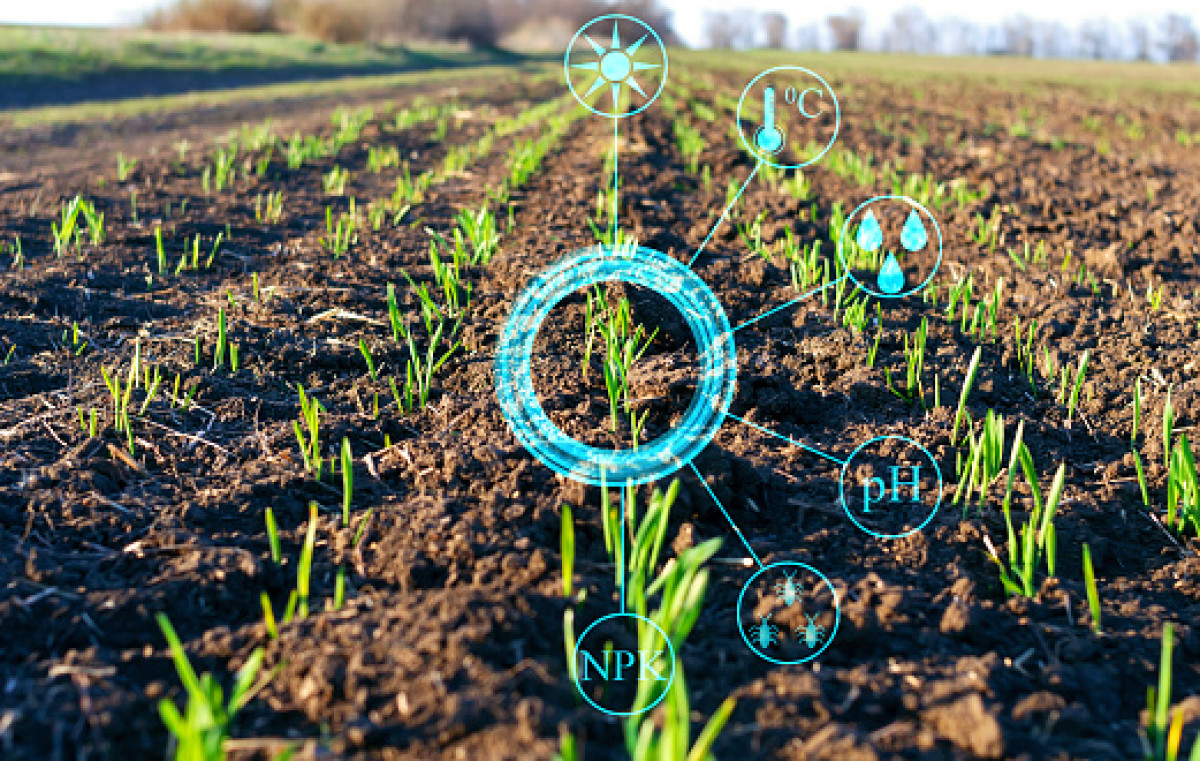Plants and environment: evaluation of environmentally induced epigenetic variation in plants
The aim of the training school is to provide the fundamentals of plant epigenetic, with a focus on DNA methylation, the effects of the environment over the plant epigenome, and perform a hands-on training in order to allow to the students evaluate locus specific DNA methylation differences.

Objectives
The aim of the training school is to provide the fundamentals of plant epigenetic, with a focus on DNA methylation, the effects of the environment over the plant epigenome, and perform a hands-on training in order to allow to the students evaluate locus specific DNA methylation differences.
Target audience
The course is oriented to graduate students, postdocs or early career scientist involved in plant biology which can take profit of the techniques covered, to answer some biological questions involving environmental induced epigenetic modifications in plants. It’s expected to be mainly targeted to South American attendants. The initial theoretical lectures are freely available. An evaluation of the lectures will provide access to a certification of approval of one credit (15 hours). The practical course is limited to ten students which will be selected based in its current research project and cv. An evaluation of the practical course will provide access to a certification of approval of two credits (30 hours). A basic molecular biology laboratory handling is required.
Learning outcome
At the end of the training school, the attendees could be capable to design and perform experiments to evaluate the locus specific DNA methylation in plants and gene expression analysis associated to the methylation differences. Venue: Research Station Mendoza, National Institute for Agronomic Technology, Mendoza Argentine. It´s located 15 km south of Mendoza City. The course is endorsed by National University of Cuyo. Funding available through COST Action EPICATCH “EPIgenetic mechanism of Crop Adaptation To Climate cHange” for foreign students.
Date
March 6 to 11, 2023
Modality
The training school will have a first day of lectures of hybrid modality (in person and by zoom). The practical course will be in person, in working groups of two students.
Trainers
- Pr. Philippe Gallusci University of Bordeaux
- Dr. Bernadette Rubio University of Bordeaux
- Dr. Carlos Marfil CONICET
- Dr. Sebastián Gómez Talquenca INTA
- Dr. Melisa Lanza Volpe INTA
Theory (15 hours)
- • Epigenetic mechanisms in plants. DNA methylation
- • Environmentally induced epigenetic variations
- • Epigenetic memory of stresses in plants: priming
- • Methods of determination of methylation profile. WGS, MSAP
- • Bioinformatic analysis of data
Practical course (30 hours)
- • Combined extraction of DNA and RNA from grapevine leaves
- • Design of primers for PCR for methylation analysis and qRT-PCR for expression analysis
- • Combined extraction of DNA and RNA from grapevine leaves
- • Evaluation of DNA and RNA: gel electrophoresis, spectrophotometry and fluorometry
- • Locus specific DNA methylation analyses using the enzyme McrCB
- • Expression analysis of differentially methylated genes by qRT-PCR
